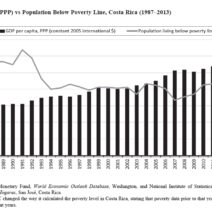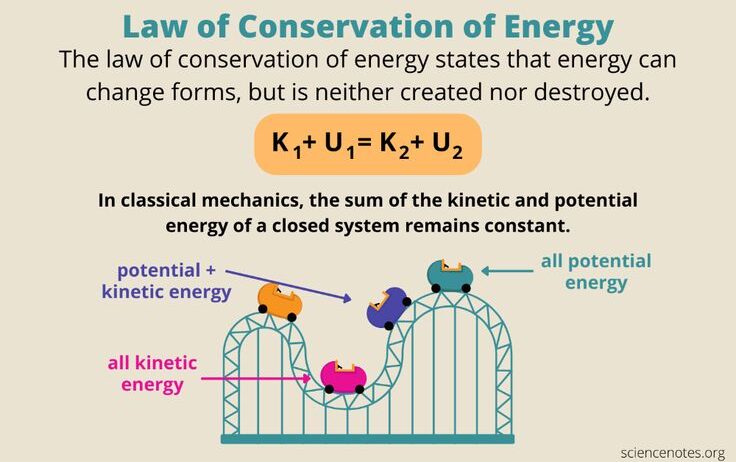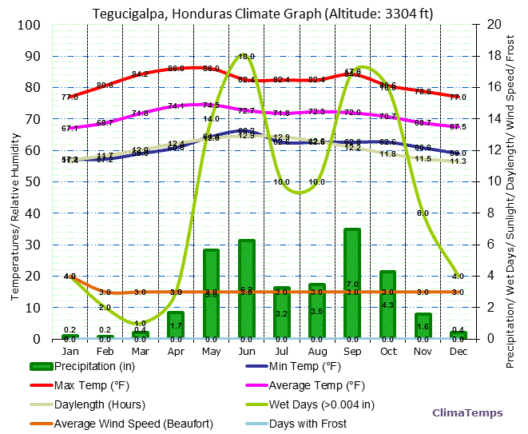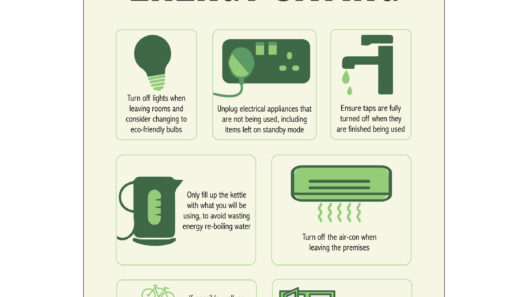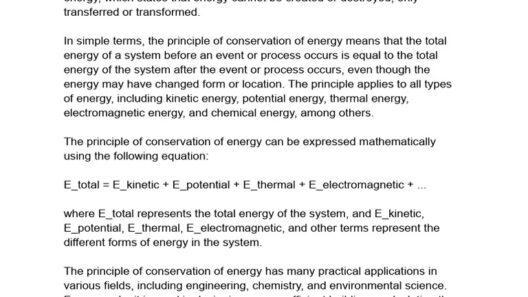Energy conservation stands at the vanguard of Spain’s environmental initiatives, resembling a vast tapestry interwoven with diverse programs designed to foster sustainable practices. The urgency of addressing climate change has propelled Spain into a proactive role in energy management, offering a plethora of programs to aid its citizens in embracing energy efficiency. This comprehensive examination will elucidate the available conservation programs in Spain and outline the mechanisms to reap the benefits.
The concept of energy conservation is akin to nurturing a garden: it requires perseverance, knowledge, and a symbiotic relationship with the environment. In Spain, the government, along with municipal bodies, has established various schemes that incentivize homeowners, businesses, and public institutions alike, fostering a culture of sustainability through cooperative efforts.
First, let’s delve into the broader framework of Spain’s energy policies. The Spanish government, under the auspices of the European Union’s directives, has set ambitious goals for reducing greenhouse gas emissions and increasing renewable energy sources. These overarching policies pave the way for specific energy conservation programs by creating a regulatory landscape that encourages innovation and investment in sustainability.
One of the most significant avenues of support is the National Energy Efficiency Action Plan (NEEAP), which outlines Spain’s long-term objectives for enhancing energy efficiency across all sectors. This plan involves multiple layers of initiatives, including financial support, training programs, and promotional activities aimed at raising awareness among the Spanish populace regarding energy-saving practices. The NEEAP operates on the premise that collective awareness and effort can lead to monumental changes.
For individual households, the “Plan Renove” serves as a lighthouse guiding them toward improved energy efficiency. This initiative provides financial incentives for the adoption of energy-efficient appliances and upgrades to home insulation. Homeowners can apply for subsidies that cover a substantial portion of the costs associated with renovating heating systems, installing efficient lighting, and enhancing thermal insulation. These financial aids are not mere handouts; they are investments into a more sustainable future—each application is a small seed planted in the soil of energy conservation that, with time, can flourish into a verdant landscape of reduced energy consumption.
Moreover, energy audits constitute another pivotal element of the conservation strategy. Municipalities often offer free or subsidized energy audits to residents, allowing them to comprehend their energy usage better. Much like using a compass to navigate uncharted waters, an energy audit provides clarity on how to optimize consumption and reduce waste. The results often reveal surprising revelations regarding energy inefficiencies, and when the audit is complete, homeowners are equipped with a roadmap detailing achievable improvements and associated incentives for implementation.
Business entities are not overlooked in this energy conservation mosaic. The “Programa de Ahorro y Eficiencia Energética” (PAEE) caters to small and medium-sized enterprises (SMEs) by offering grants and low-interest loans for projects that enhance energy efficiency. Financial backing for energy audits, renewable energy installations, and innovative technologies provides a catalyst for SMEs to innovate and adopt greener practices. The cascading effect of these initiatives creates a ripple in the economy, engendering sustainable jobs and invigorating local communities.
Spain also engages industries through the “Industrial Energy Efficiency Program.” This program is tailored to bolster energy performance in major industrial sectors, such as manufacturing and agriculture. By employing advanced methodologies—ranging from energy management systems to process optimization—industries can not only curtail energy costs but also enhance their competitiveness in a global market inclined toward sustainability. In this analogy, the industry transforms into a titanic ship that, when remodeled, sails more swiftly and effortlessly across the waters of commerce.
Educational institutions play an integral role in this narrative as well. Various programs target schools and higher education as breeding grounds for future environmental stewards. Initiatives such as “Eco-Schools” emphasize energy-efficient practices and lifestyle changes among students. These programs intertwine learning with practical application, fostering a generation well-versed in the nuances of energy conservation. Just as a robust tree draws sustenance from its roots, this new generation can cultivate a sustainable ethos that permeates their communities.
However, the true success of these programs hinges on fostering a culture of engagement and participation among the citizens. Grassroots movements and non-profit organizations proliferate throughout Spain, offering workshops and educational events that demystify energy conservation. By empowering communities with knowledge, these efforts resemble the nurturing rain that invigorates the soil, allowing the seeds of sustainability to germinate and thrive.
To fully benefit from these initiatives, it is essential for citizens to remain informed and vigilant. Regularly checking government portals and local news outlets for updates on programs can streamline access to available resources. Engaging in community forums that discuss energy conservation empowers individuals and magnifies their potential impact. Sharing personal experiences and success stories enables a supportive network that can propel others toward similar actions, further enhancing the collective effort.
In conclusion, Spain’s energy conservation programs embody a multifaceted approach that integrates individual actions with broader legislative ambitions. Homeowners, businesses, and educational institutions are key actors, contributing to a cohesive narrative of sustainability. Just as an orchestra harmonizes its instruments to produce a melody, so too can the collective efforts of the Spanish populace harmonize into a sustainable future, where energy conservation is not merely an ideal but a practiced reality.
